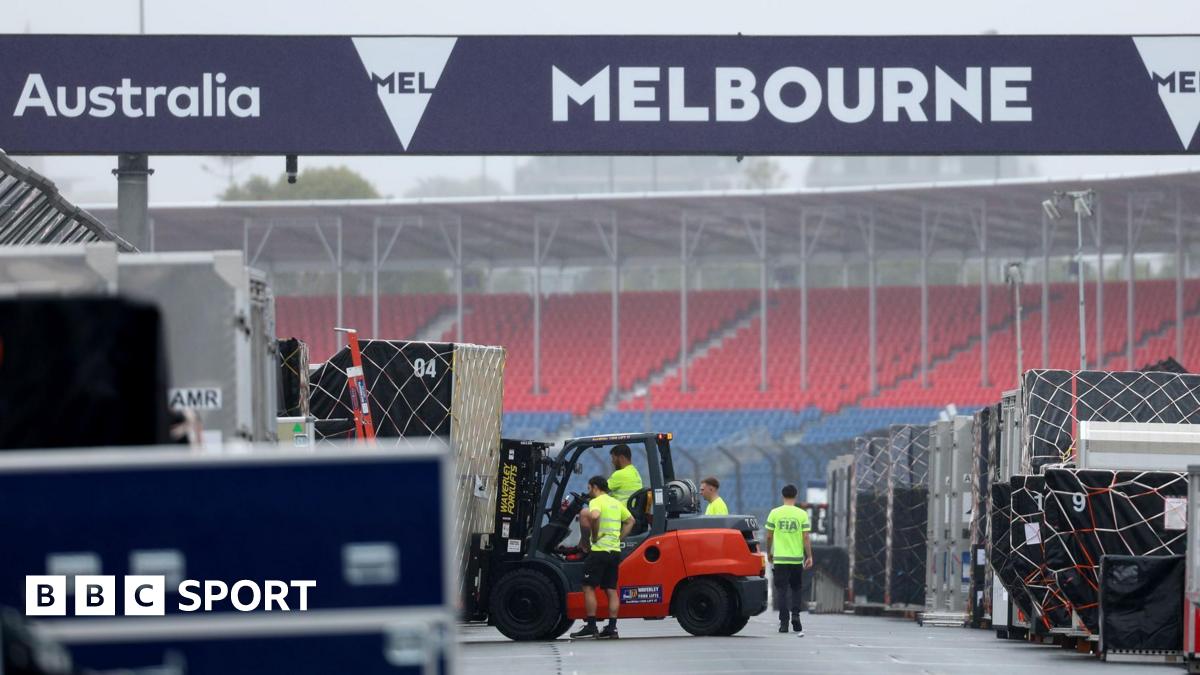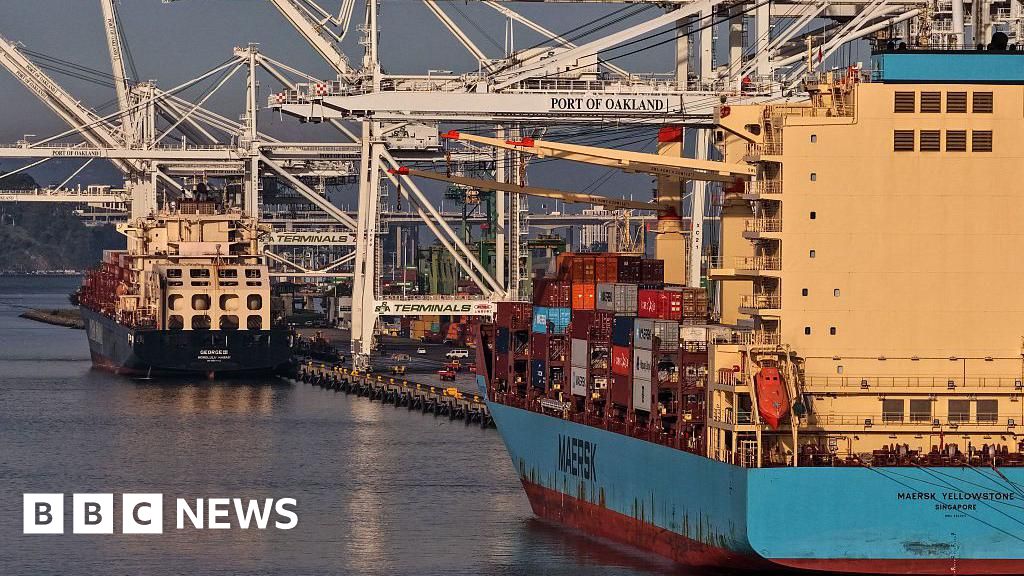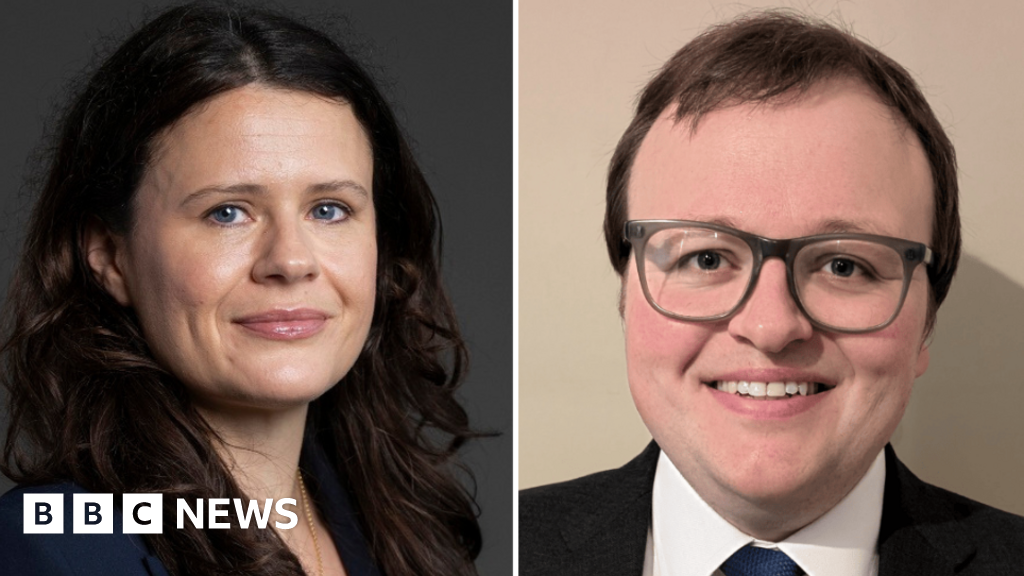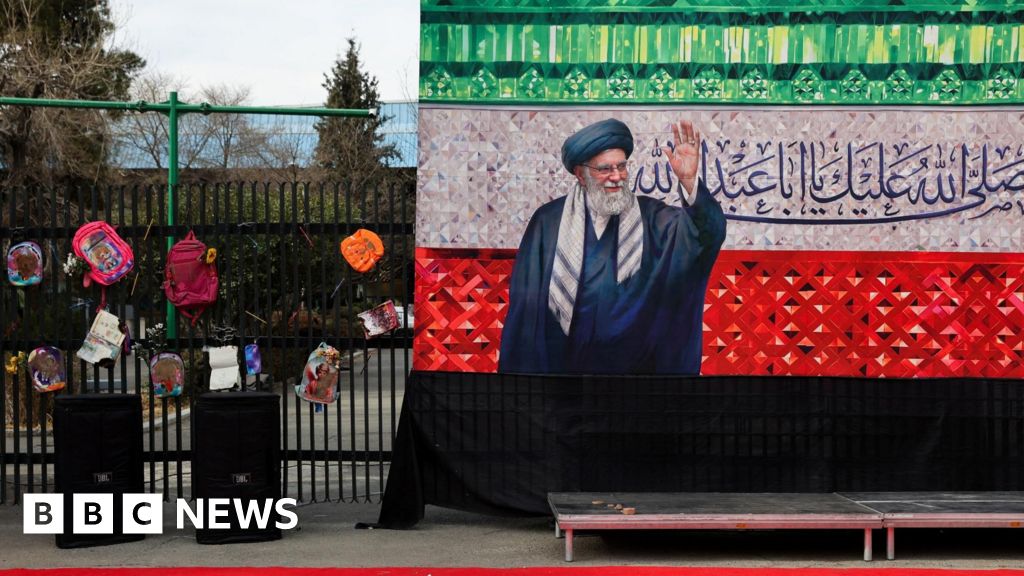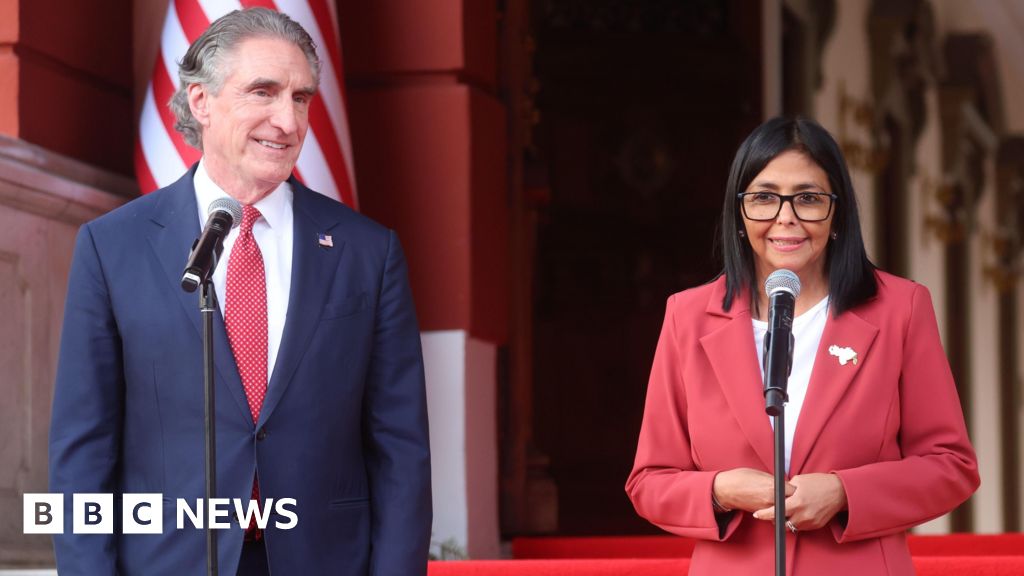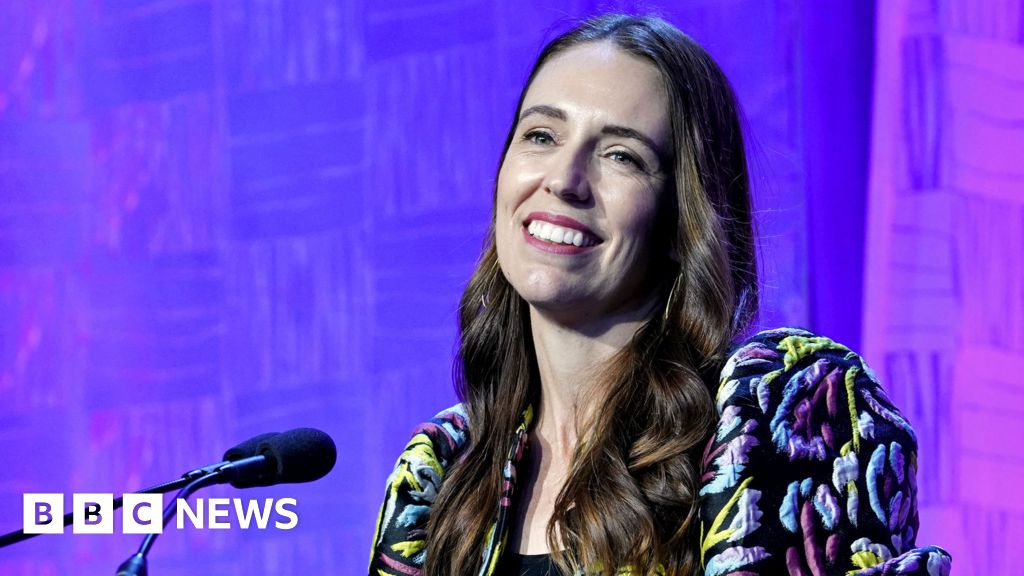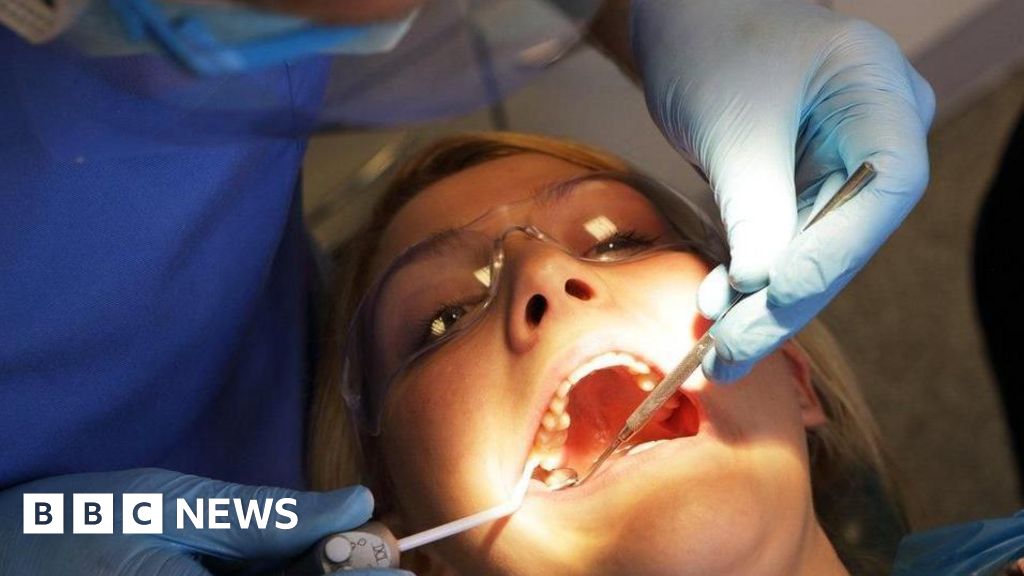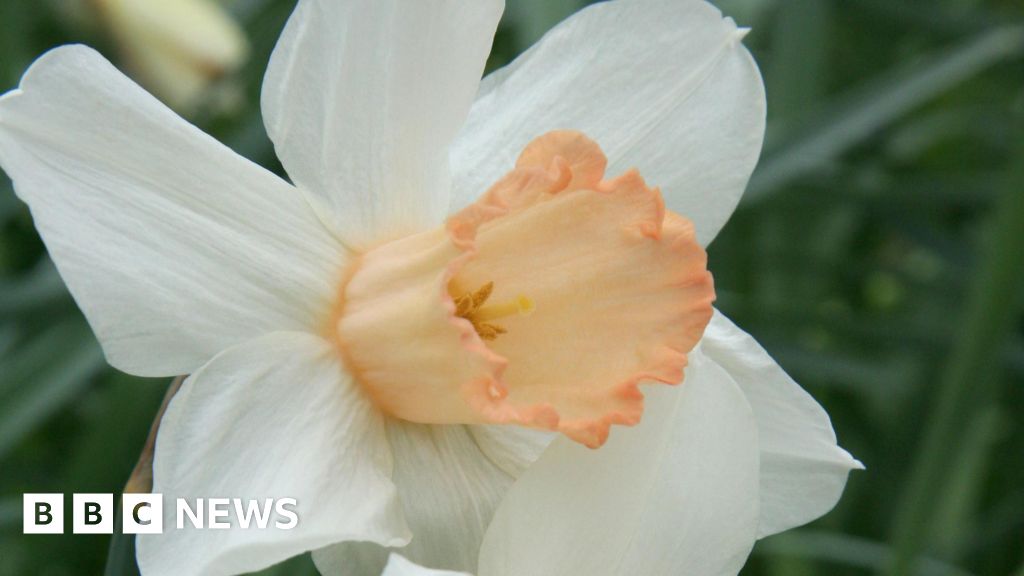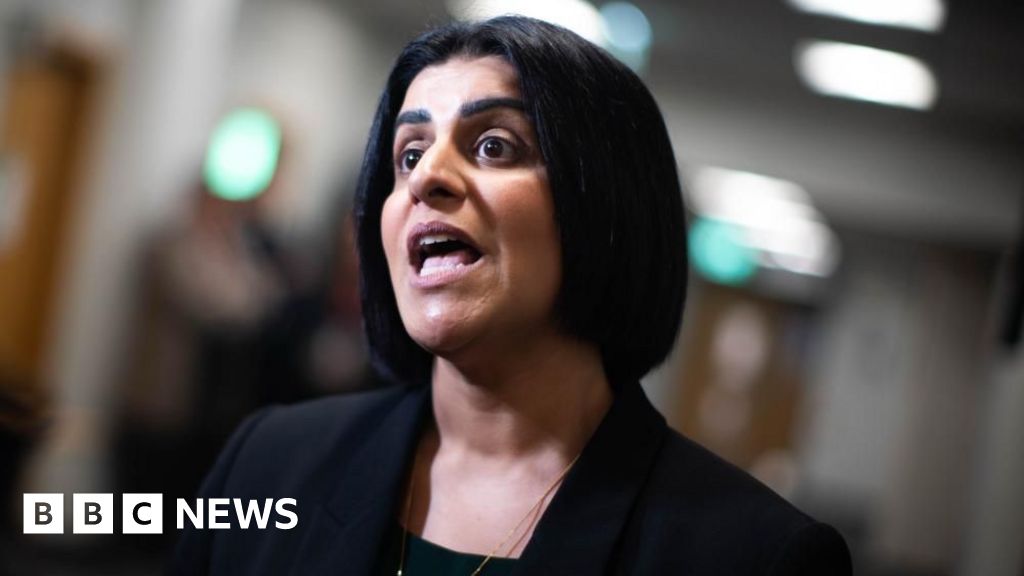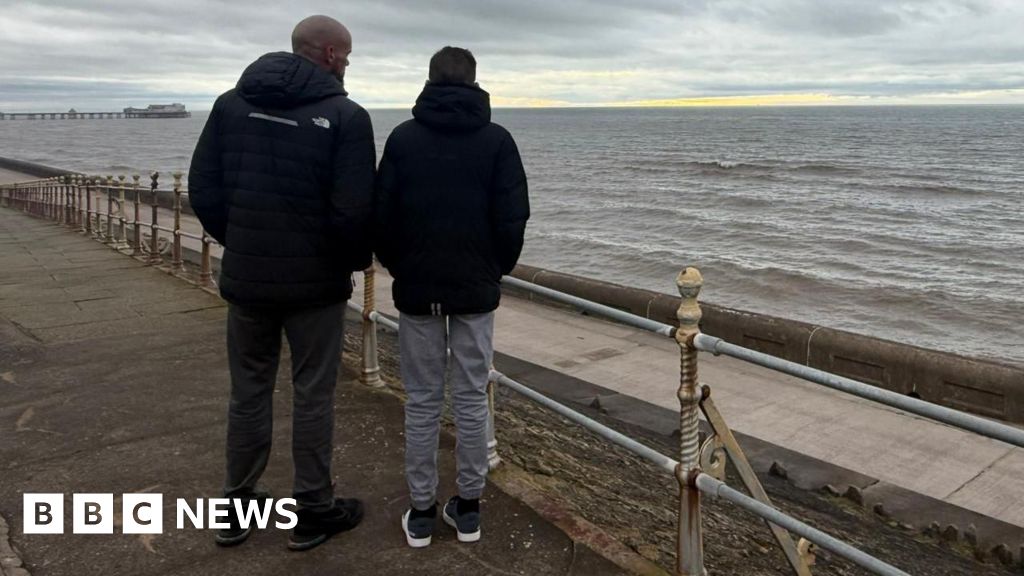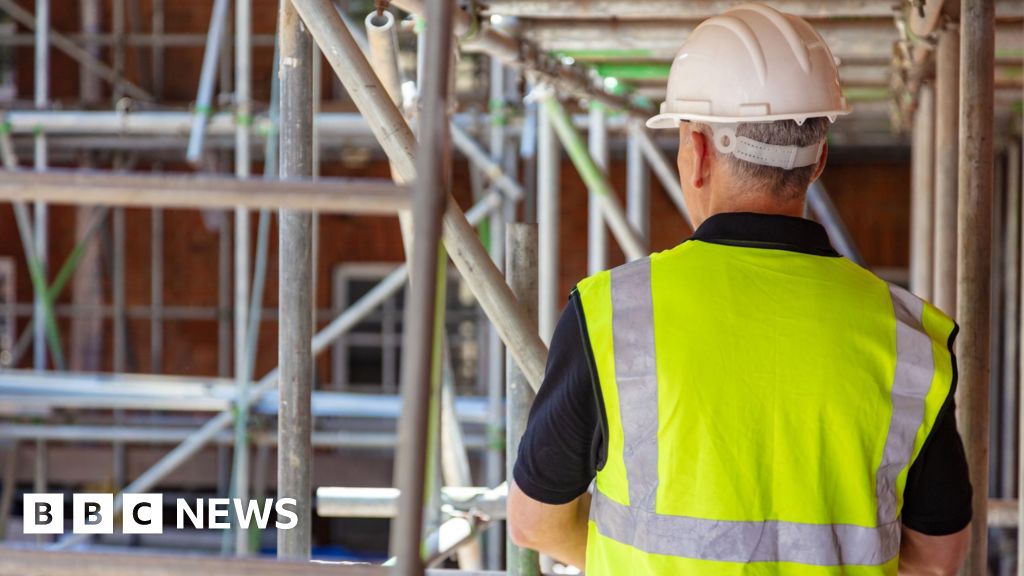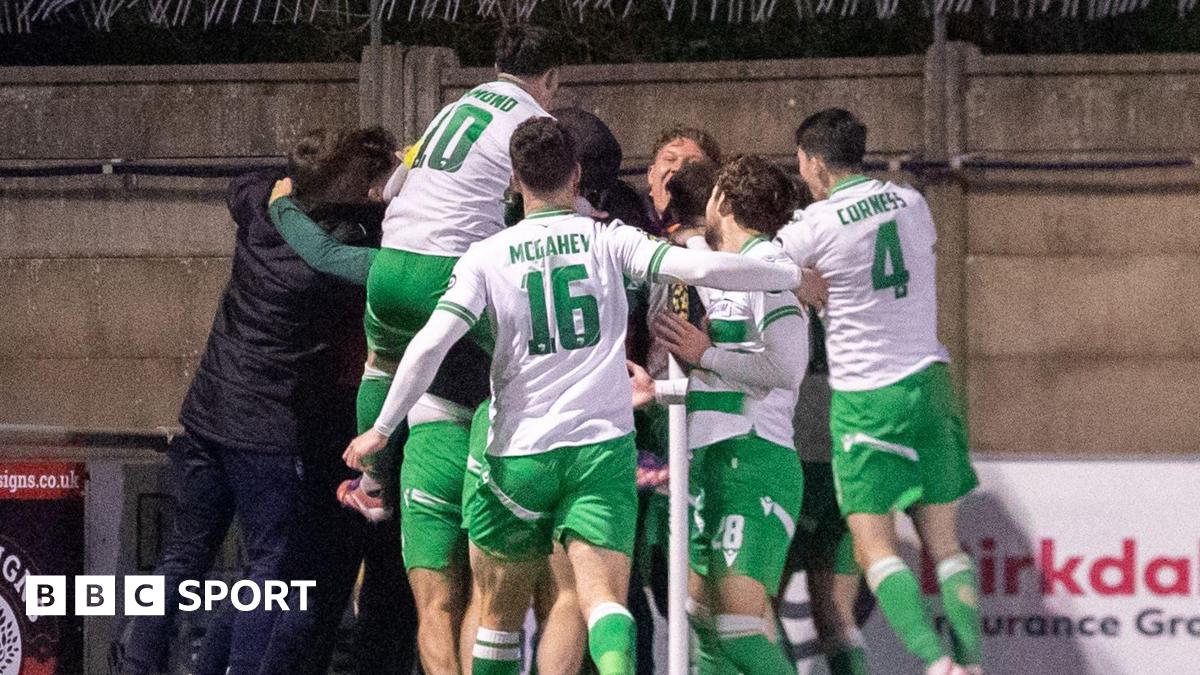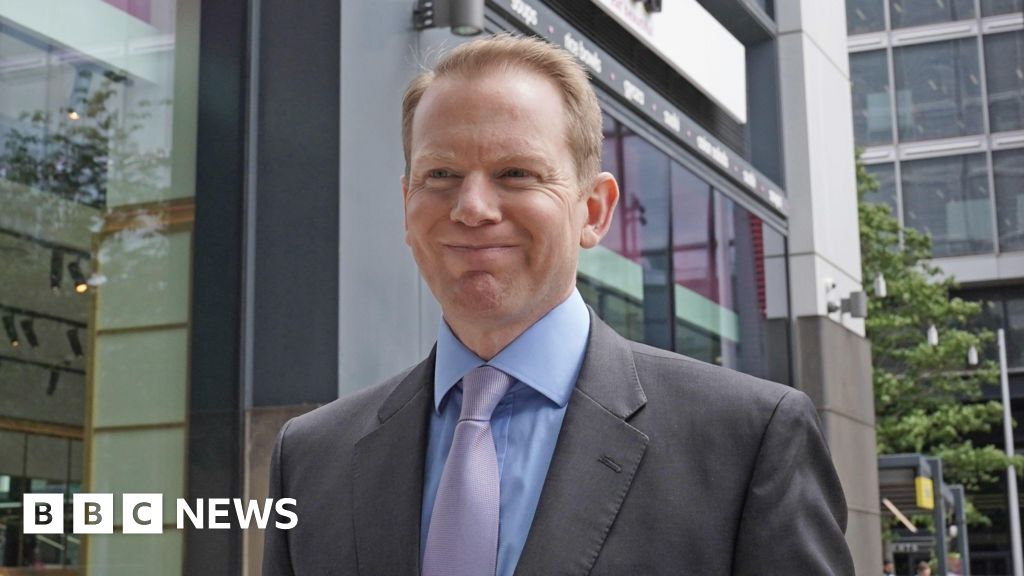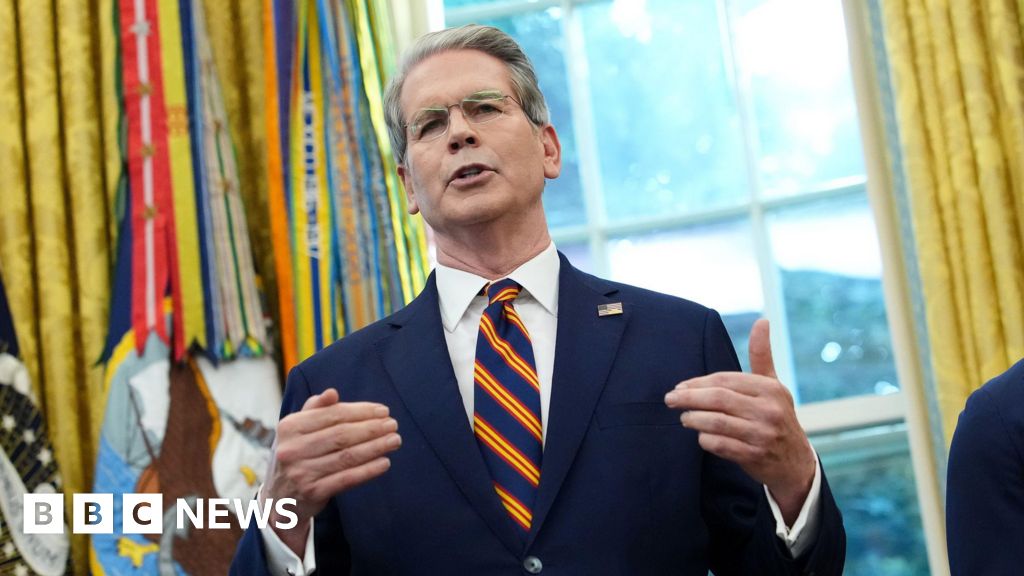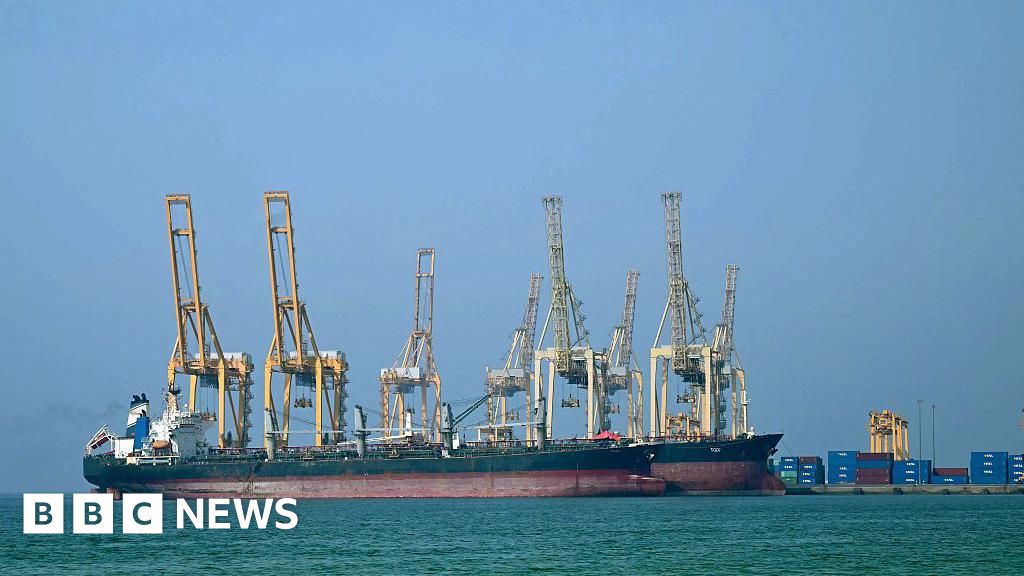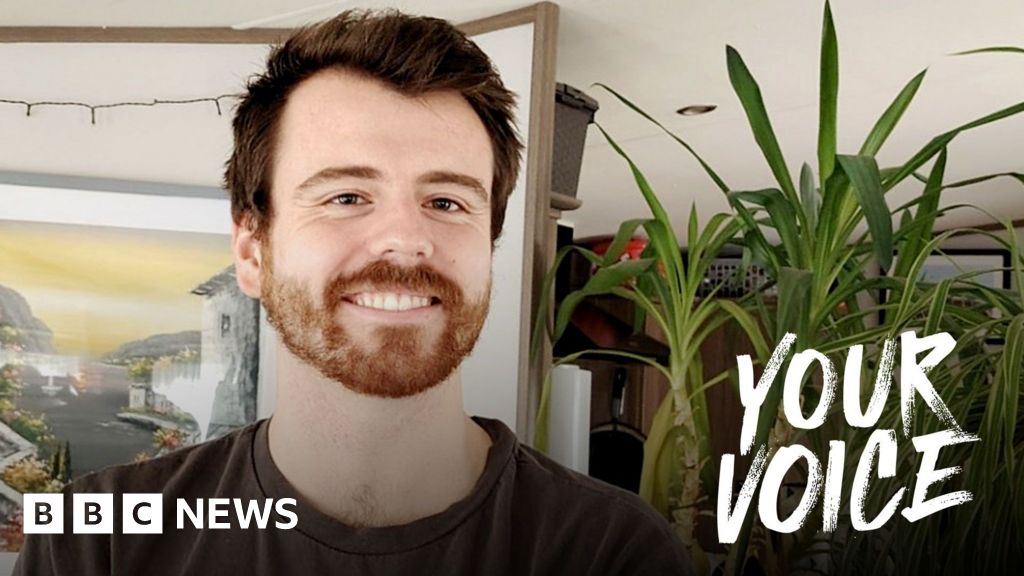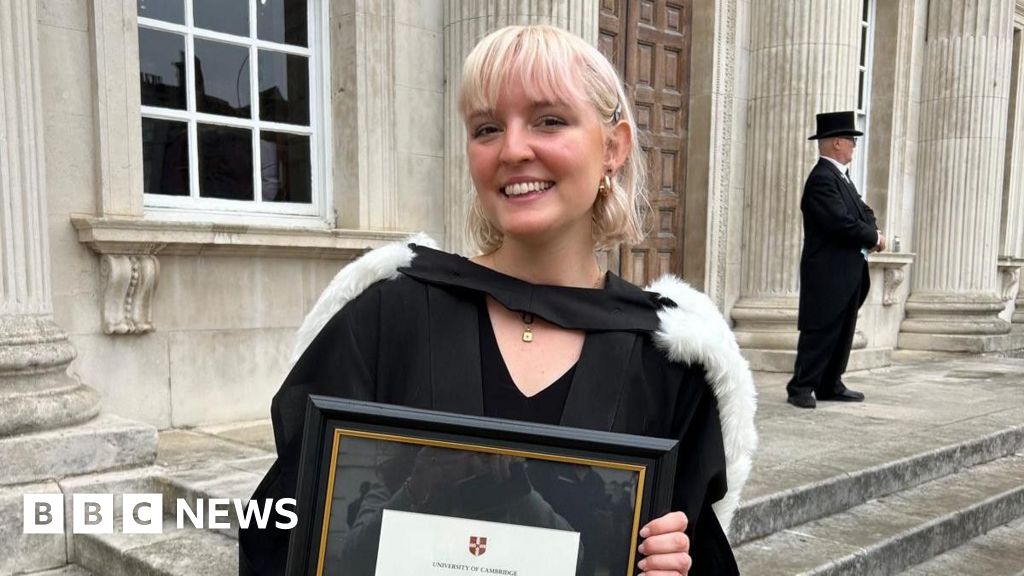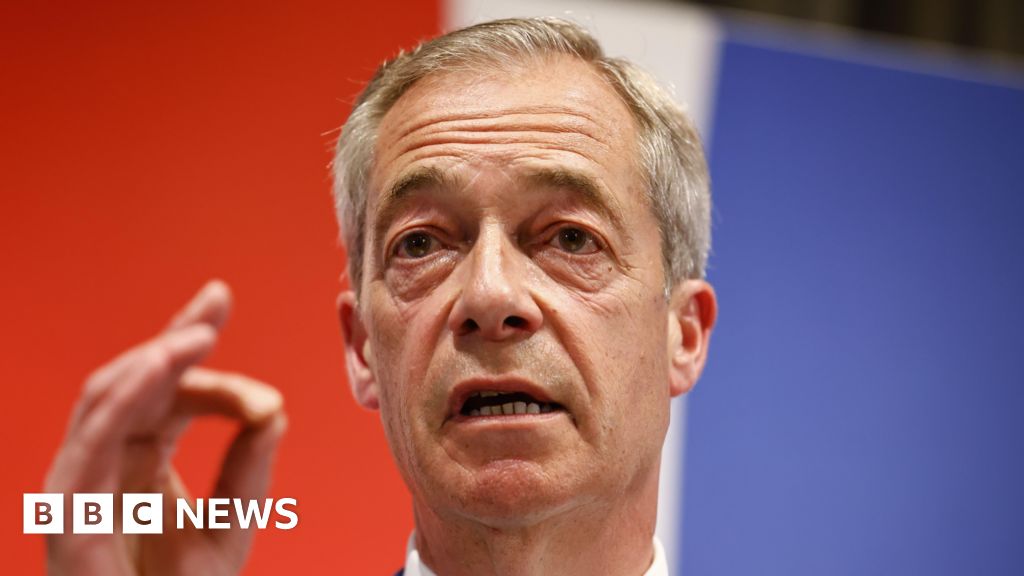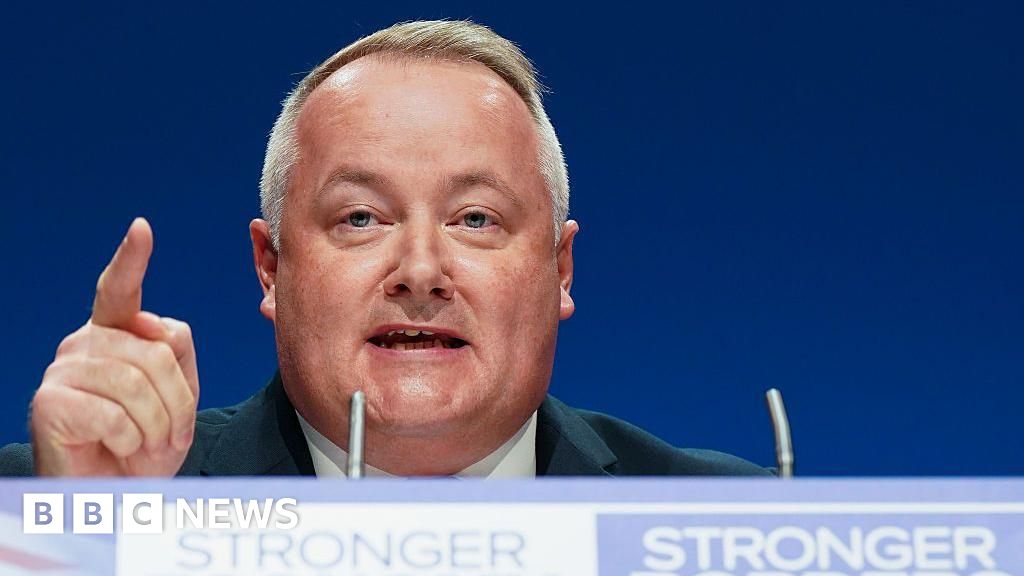Nigel Farage’s decision to run as a candidate in the general election could further damage Conservative hopes in Wales, according to a Welsh political expert.
The former UKIP and Brexit party leader announced he would stand in the Essex seat of Clacton, and become Reform UK’s leader, on Monday.
Dr Jac Larner, lecturer in political science at Cardiff University, said the potential for some Conservative voters to switch to Reform and an increase in Labour support makes the election a “worrying prospect” for the Tories.
The Conservatives said a vote for Reform would “allow Labour into Downing Street”.
A senior Labour figure said the choice at the election was between his party and “more chaos” under the Conservatives.
Meanwhile, Plaid Cymru said Mr Farage had made a “career out of losing general elections”.
Dr Larner spoke after a Welsh poll suggested Reform were in third place, slightly ahead of Plaid Cymru, but within the margin of error.
The poll by YouGov for Cardiff University and ITV Cymru Wales put Labour at 45% of the vote, up three points from a previous poll in December, and the Conservatives at 18% of the vote, down two points.
Reform were at 13%, up one point, while Plaid Cymru were down three points to 12%,
The Liberal Democrats were put at 5%, down two points, and the Greens were up one point to 4%.
YouGov spoke to 1,066 people from 30 May to 3 June this year.
Dr Larner said the polling position for Reform UK was “almost identical” to the party’s predecessor, the Brexit Party, in 2019.
He said by this point in the campaign in 2019 “the Brexit Party had seen their polling position halve in Wales”.
“This time there has been no similar decline and, if anything, their support has risen in the last 12 months,” he said.
Surveys say the “big losers” from Reform’s rise are the Conservatives, he said.
“Recent polling in Wales suggests somewhere between a quarter and a third of previous Conservative voters are planning to vote for the party,” Dr Larner added.
“This, combined with the moderate increase in Labour support across Wales, is what makes this election a worrying prospect for the Conservatives who successfully won over many Leave voters in Wales in 2019.”
Mr Farage had proved “incredibly popular” in previous surveys with around 20% of the electorate, Mr Larner said, and “very unpopular among the rest”.
“Farage also guarantees continued media coverage,” he added.
“It’s possible that this makes the Reform vote even more stubborn, further damaging Conservative hopes in Wales.”
Reform’s spokesman in Wales, Oliver Lewis, said: “The appeal of Nigel Farage to lifelong Conservative and lifelong Labour voters cannot and should not be underestimated, based on the success we know he had in the May 2019 European elections.”
He said the party was targeting Merthyr Tydfil, Torfaen, Montgomeryshire and Glyndŵr, and the seat of Brecon, Radnor and Cwm Tawe.
Senior Labour figure Nick Thomas-Symonds told the BBC: “If you want real change in this election the only way to do that is to vote for the Labour party.
“The choice is between Keir Starmer’s changed Labour party and more chaos for five years under Rishi Sunak and the Conservatives.”
A Conservative Senedd spokesman said: “Labour have repeatedly shown their true colours on immigration, and a vote for Reform will allow Labour into Downing Street.
“The only way to see a tough approach on immigration is to vote for the Welsh Conservatives.”
Plaid Cymru leader Rhun ap Iorwerth said: “Nigel Farage has made a career out of losing general elections.
“I look forward to presenting Plaid Cymru’s positive vision for Wales during Friday’s TV debate – one that rejects hatred and division.”
Other candidates announced as standing in Clacton are:
- Giles Watling, Conservative Party
- Jovan Owusu-Nepaul, Labour Party
- Matthew Bensilum, Liberal Democrats
- Natasha Osben, Green Party

